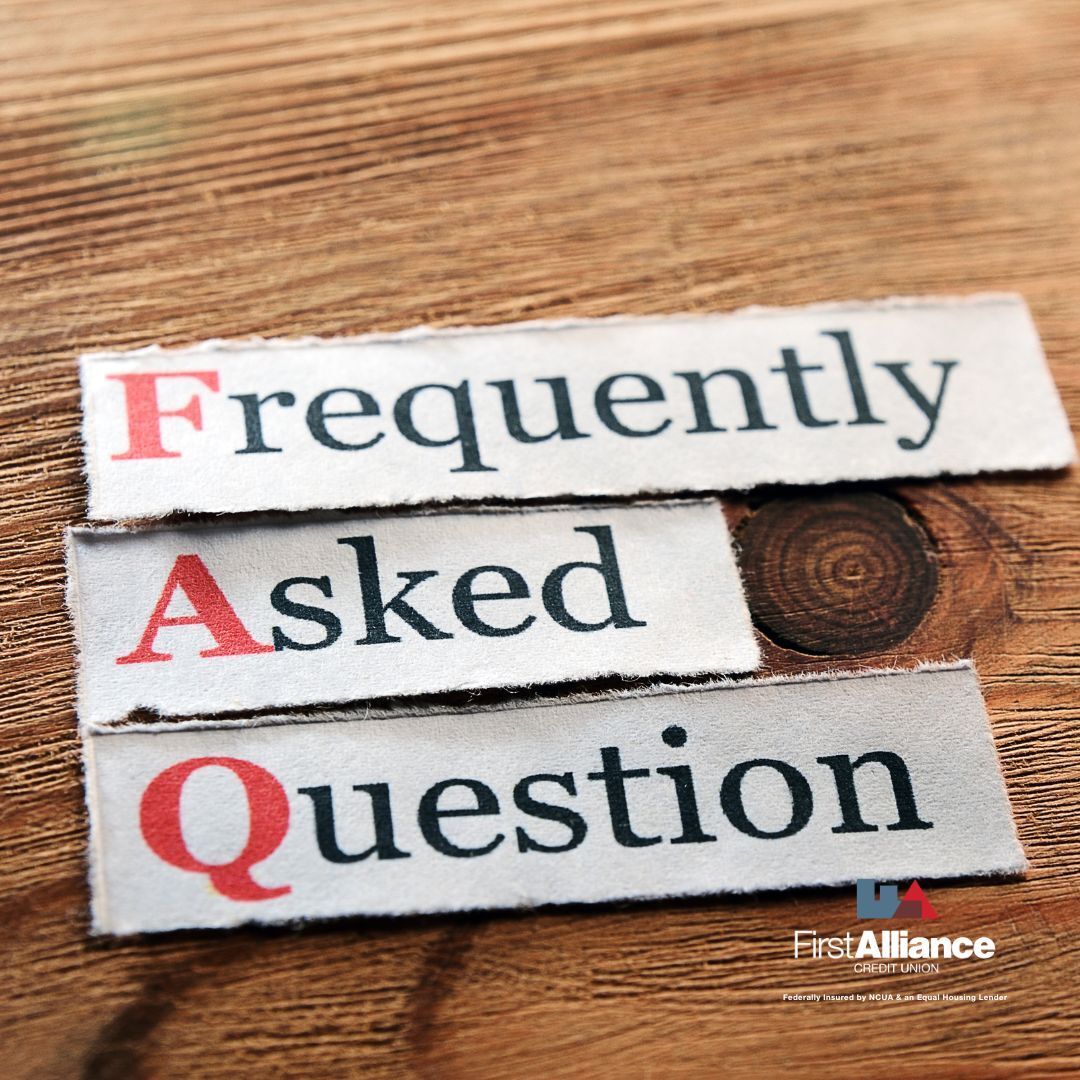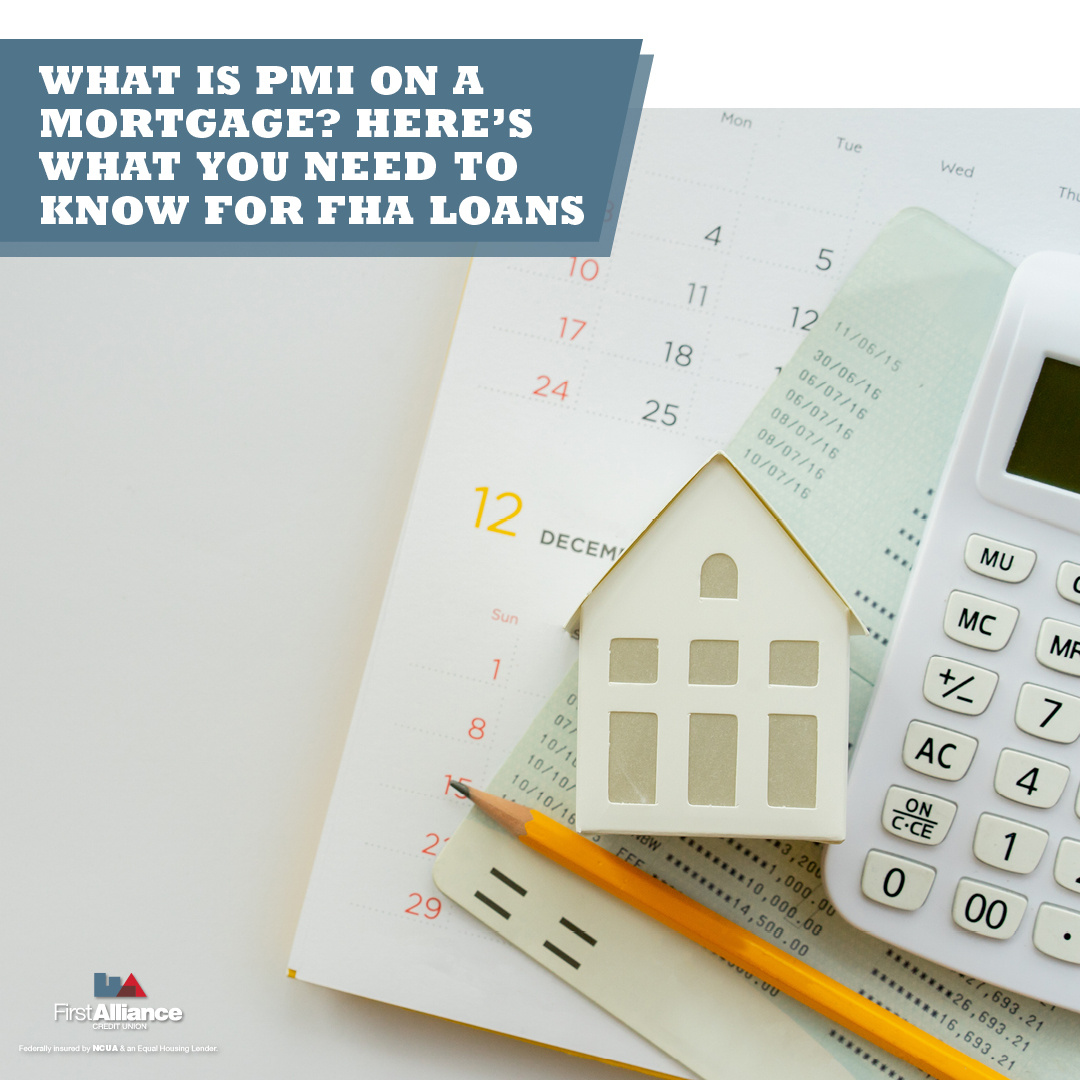FAQs About Getting a Mortgage
Buying a home is an exciting process that comes with a lot of responsibilities. When applying for a mortgage, it helps to know some important facts...

If you're considering purchasing a home, you will need to plan for a having down payment. While saving up for a down payment is a popular choice, there are alternative ways for homebuyers to access the necessary funds to begin their homeownership journey. Discover the impact of a down payment on your mortgage loan and explore the various options available for securing your down payment.
Taking time to understand what a down payment is and what down payment options are available to you is an essential step in the homebuying process. By considering all the resources available to you, you can find the best option that suits your financial situation and helps you take the first steps towards homeownership with confidence.
A down payment is a sum of money that you pay upfront when purchasing a home. It is a percentage of the total purchase price and is typically required by lenders to secure your mortgage loan. Traditionally, down payments range from 3% to 20% of the home's purchase price.
By providing this money upfront, you are demonstrating your commitment to the investment your making in purchasing a home. Plus, you are reducing the amount of money that needs to be borrowed.
By making it a priority to have a significant down payment, you can lay a sturdy financial foundation for your exciting journey to homeownership, giving you confidence and peace of mind as you take the exciting step towards owning your own home.
For example, let's imagine you are looking to purchase a home that costs $300,000. Here's the difference a down payment can make:
This reduction in the amount needed for the loan can have a significant impact on the loan terms offered to you by lenders, potentially leading to lower interest rates and more favorable monthly payments. In essence, your down payment is crucial in establishing the financial framework for your home purchase.
When it comes to exploring your down payment options, there are several avenues you can consider to make homeownership a reality. From traditional savings methods to government assistance programs and down payment assistance programs, there are various ways to secure the funds needed to purchase a home.
Saving up for a down payment using your own savings or investments is a tried and true method that allows you to take control of your financial future. By setting a specific goal and starting early, you can gradually accumulate the necessary funds over time, inching closer to your dream of homeownership with each contribution. There are special savings account to help first-time home buyers save up money to make a down payment.
Receiving money from a family member or loved one is also a common option for down payments. Whether it's a monetary contribution or a financial gift, the support from your loved ones can make a substantial difference in helping you achieve your homeownership goals. This option does come with specific requirements depending upon the type of mortgage loan you qualify for, so make sure to tell your lender upfront if you will be using gifted money to help finance your home.
Government assistance programs, such as FHA loans, VA loans, or USDA loans, are specifically tailored to offer low down payment options for eligible homebuyers, making the dream of homeownership more achievable.
For first-time buyers or those with limited funds, these programs can be a real game-changer, allowing you to purchase a home with a lower upfront cost. With competitive interest rates and flexible qualifying requirements, government-backed loans make it more feasible for individuals to fulfill their goal of owning a home.
It's important to note that each option has specific eligibility requirements, so be sure to consult with your lender to determine if you qualify for any of these beneficial programs.
Down payment assistance programs are available through state or local agencies, non-profit organizations, and sometimes your employer. These programs can provide grants, loans, or other forms of assistance to help homebuyers cover their down payment costs. Each program will have different eligibility requirements and some are only available to a limited number of applicants each year.
Understanding the importance of a down payment and exploring your options is essential as you start your journey to buying a home. By looking into the different resources available, you can find the best choice that fits your financial situation, giving you the confidence to take the first steps towards homeownership. This thoughtful consideration not only sets you up for a successful homebuying experience but also gives you peace of mind as you navigate the process of becoming a homeowner.
If you need assistance in reviewing your down payment options or understanding your eligibility for government programs, reach out to the Real Estate Lending team at First Alliance Credit Union. Our team of home buying experts is here to help answer your questions, provide resources, and guide you through the home buying process.

Buying a home is an exciting process that comes with a lot of responsibilities. When applying for a mortgage, it helps to know some important facts...

In today's real estate market, finding affordable housing options that don't compromise on quality or lifestyle is a significant challenge. For those...

If you're in the process of buying a home, you’ve likely come across the term Private Mortgage Insurance (PMI). It’s one of those extra costs that...